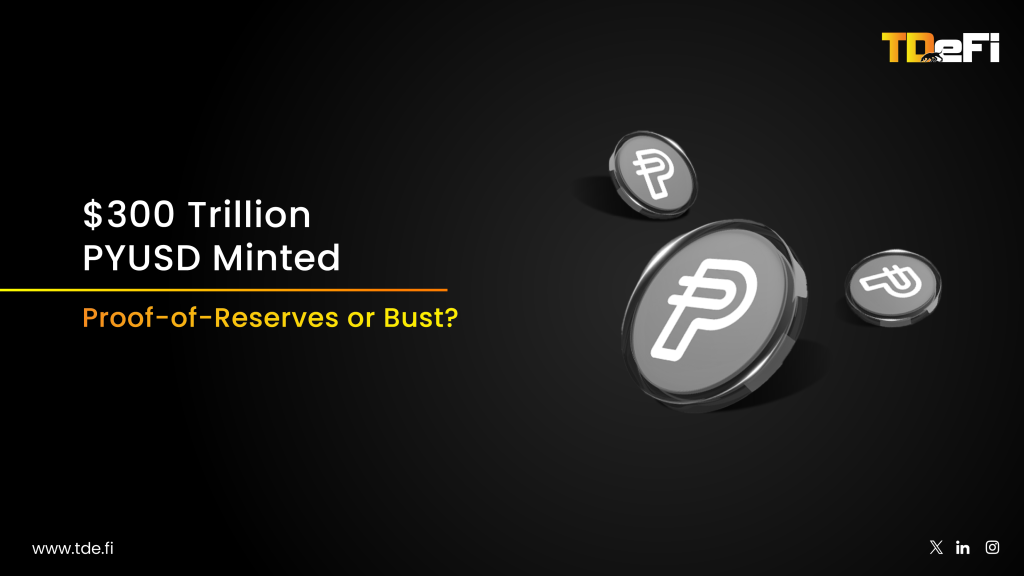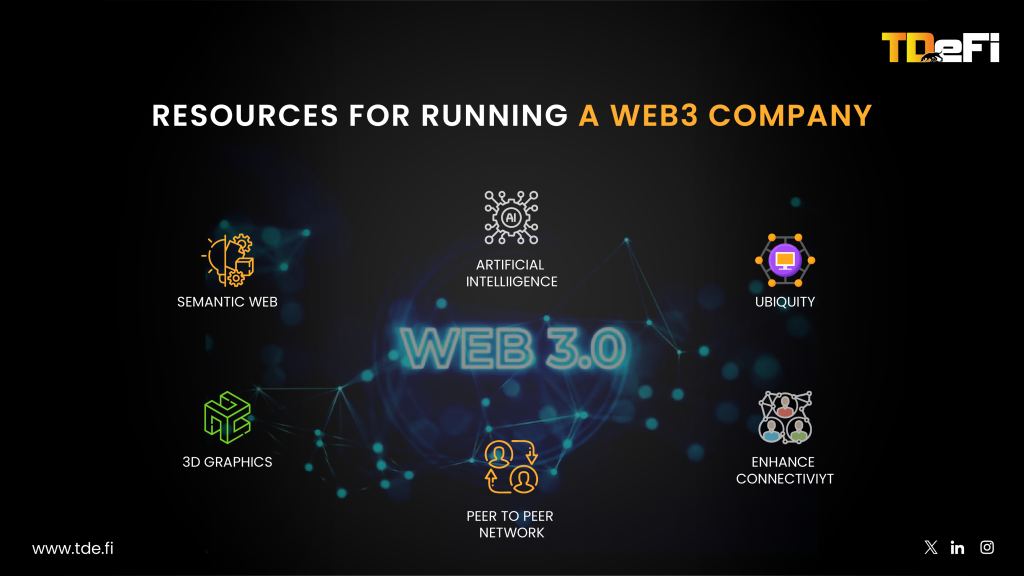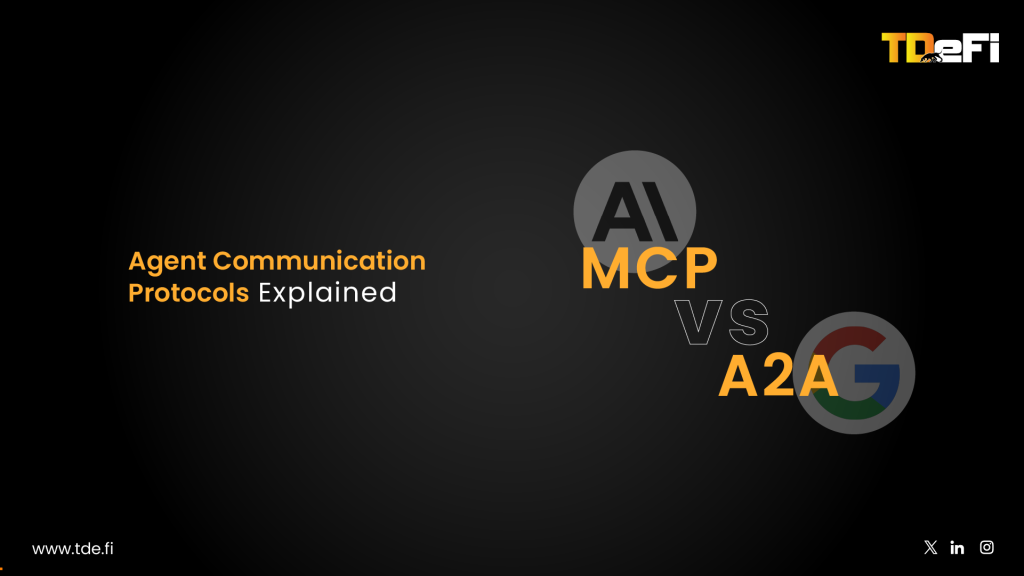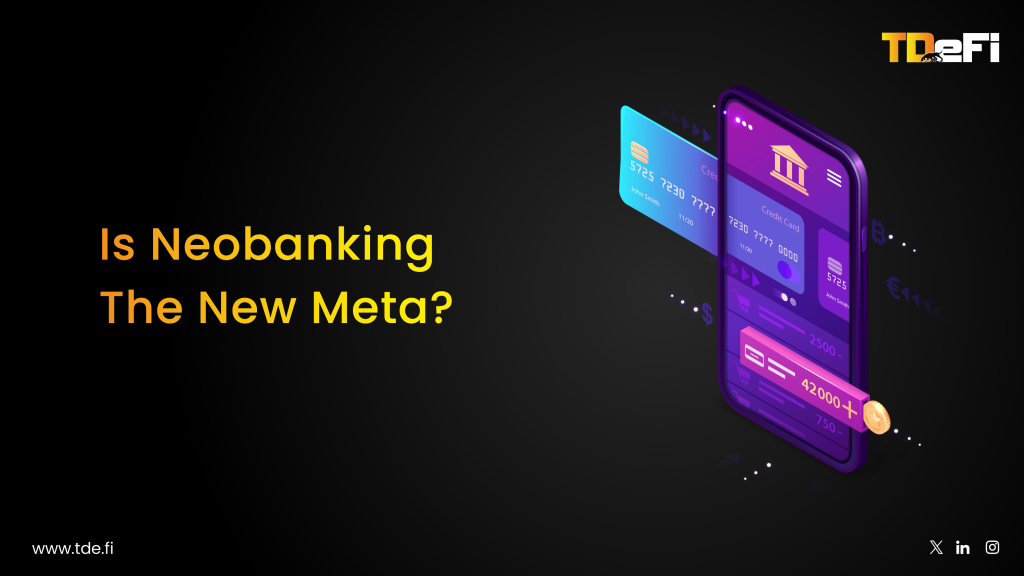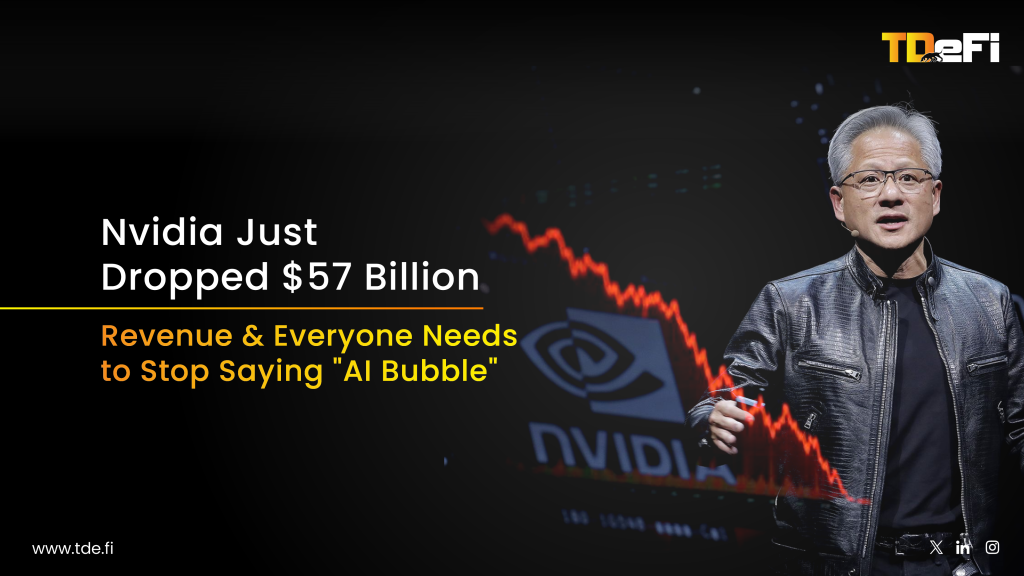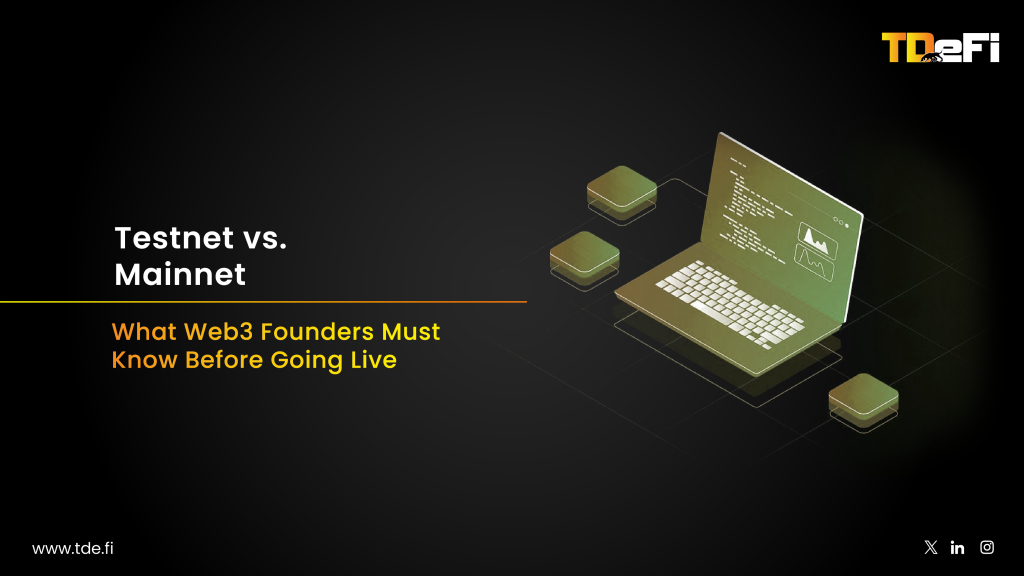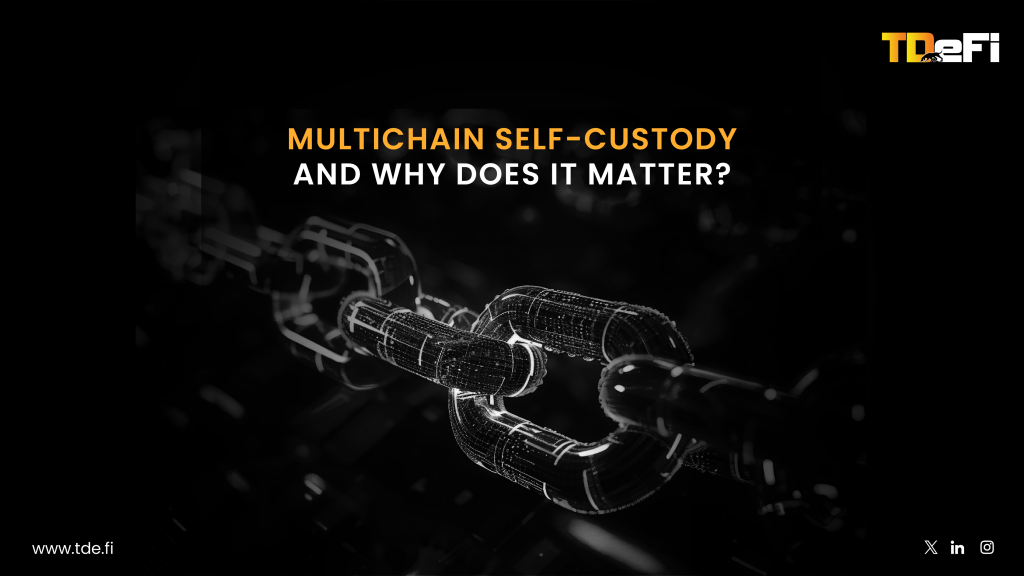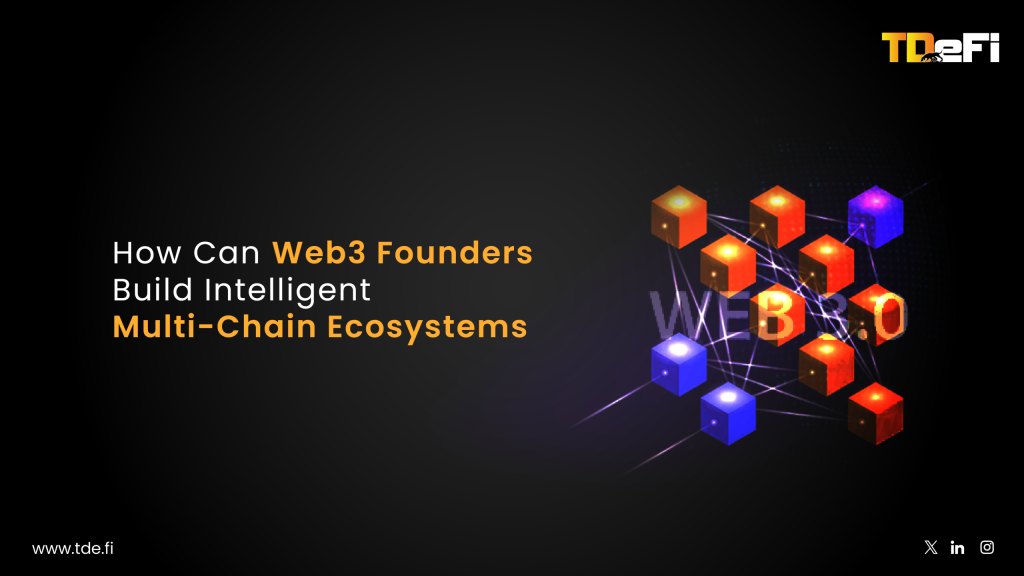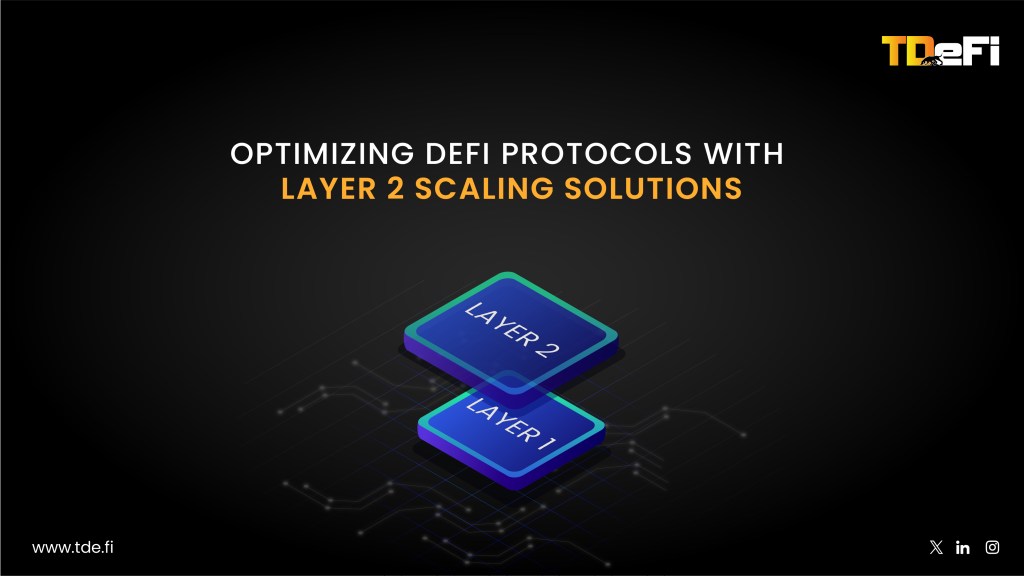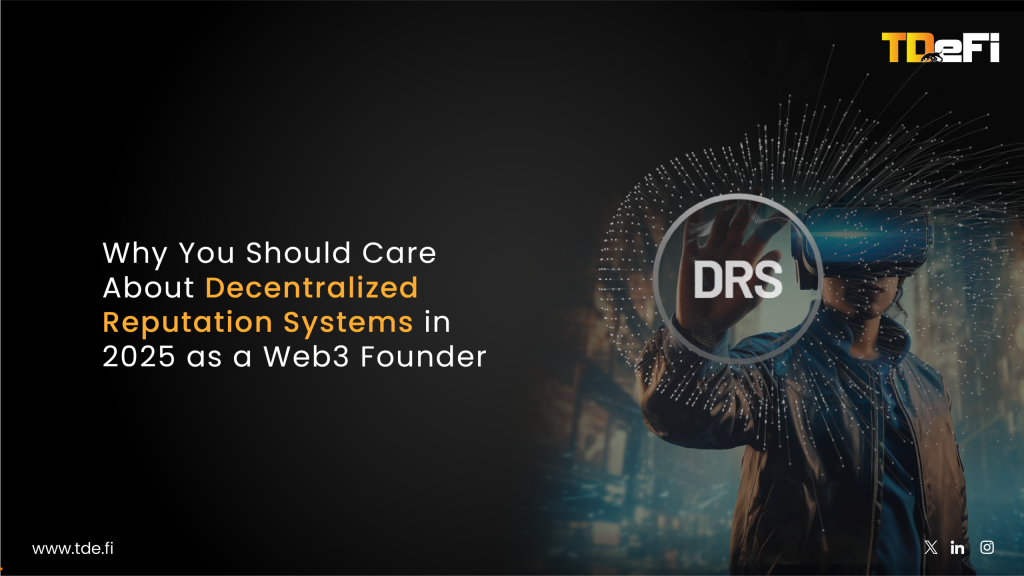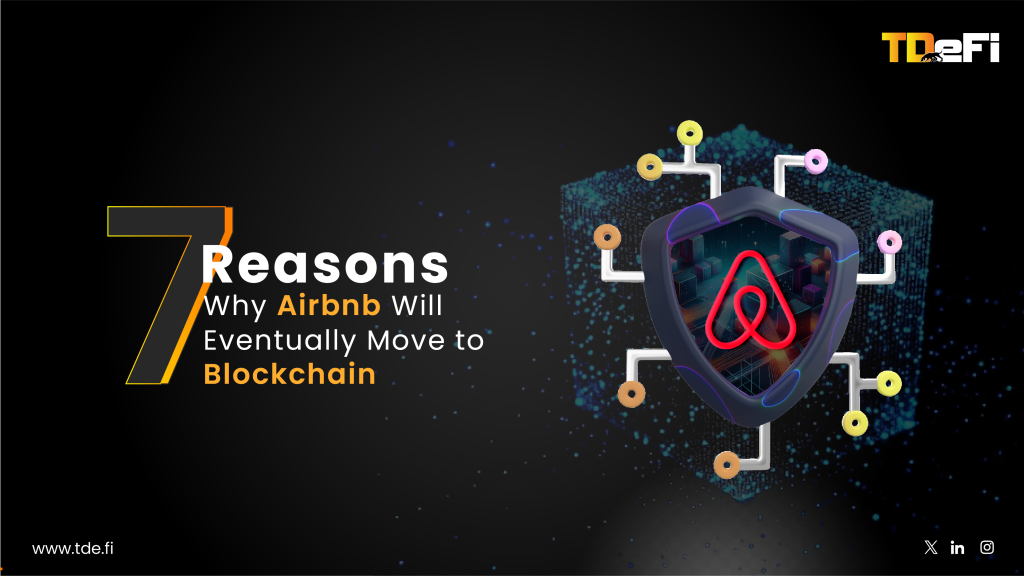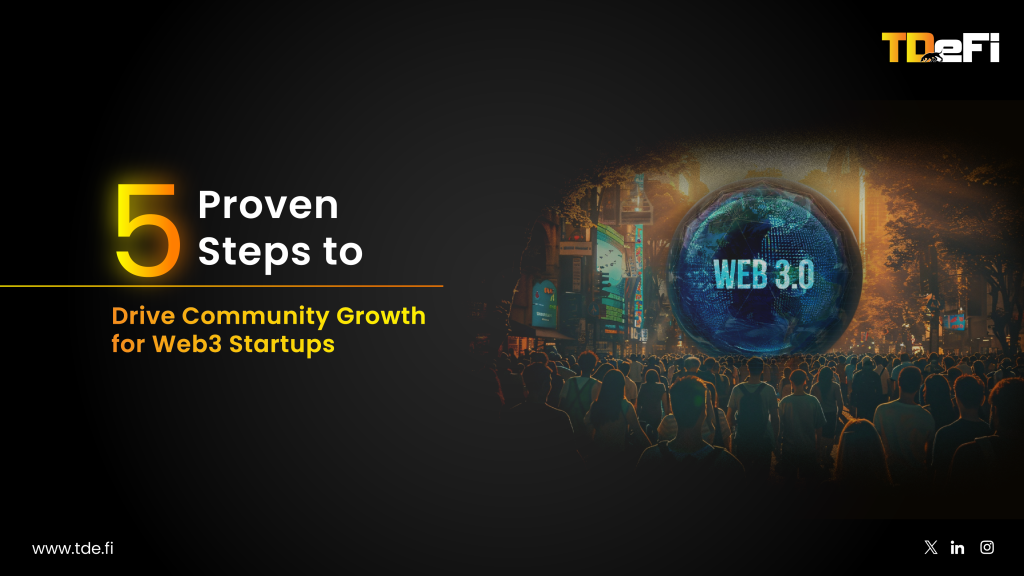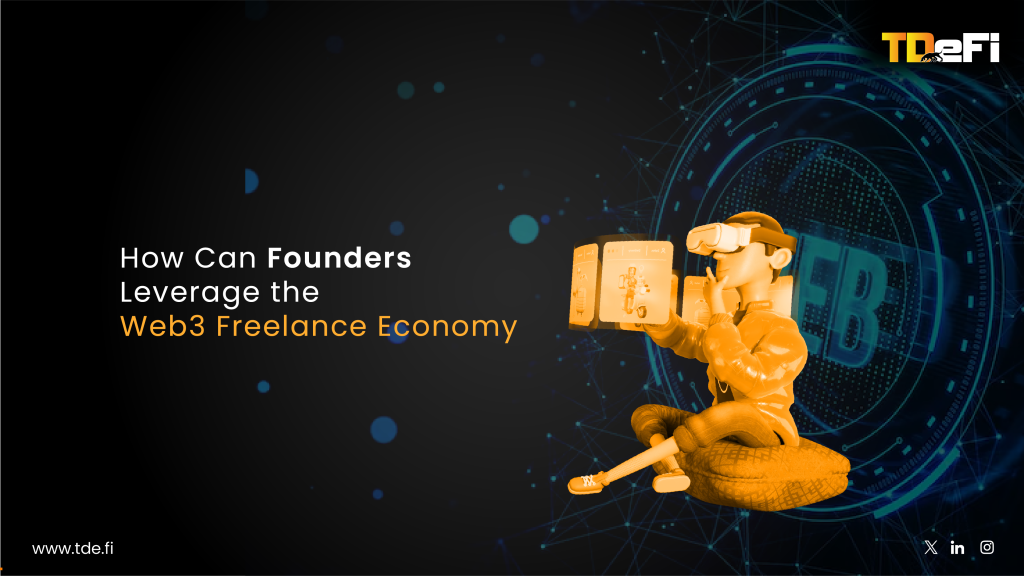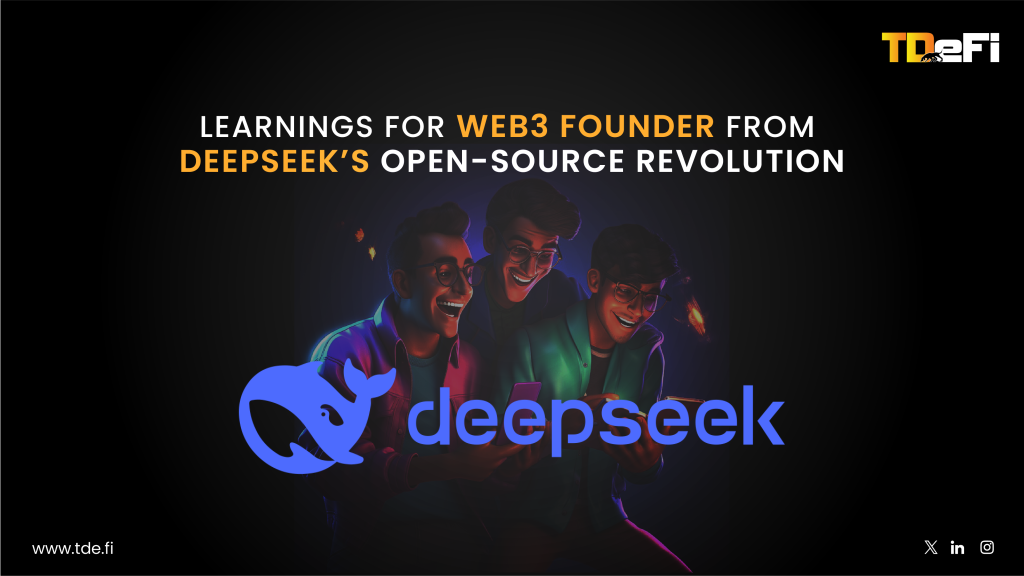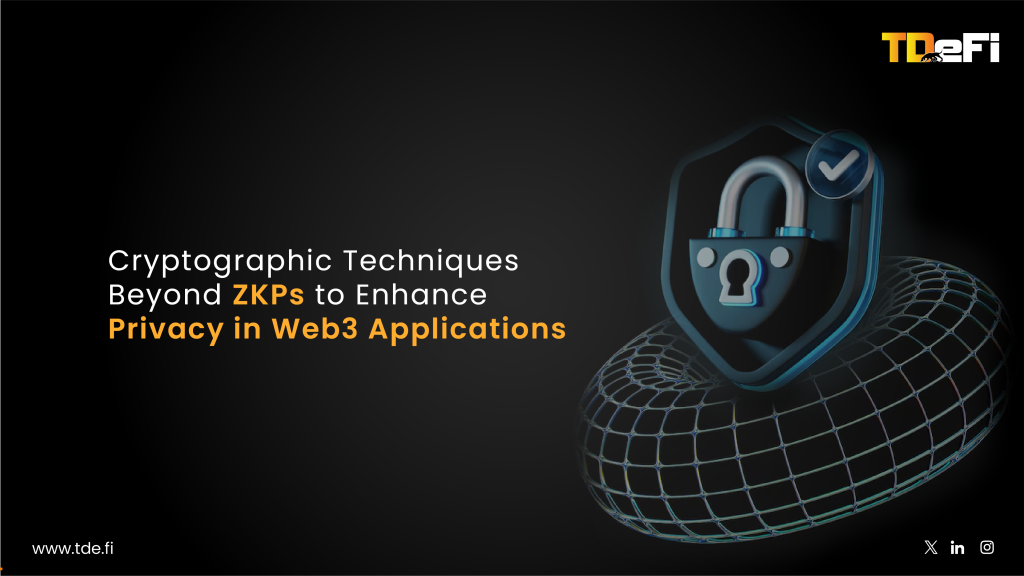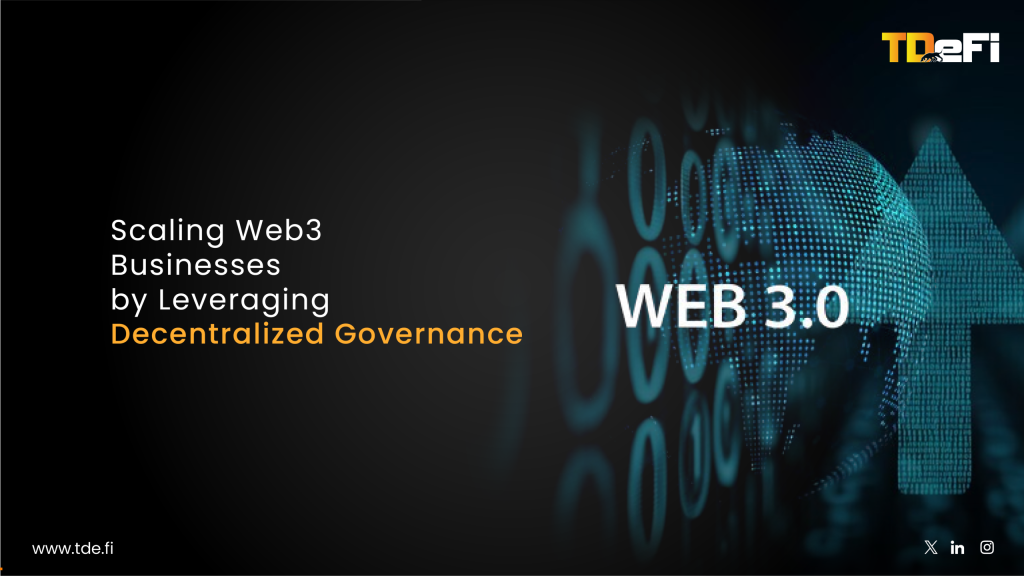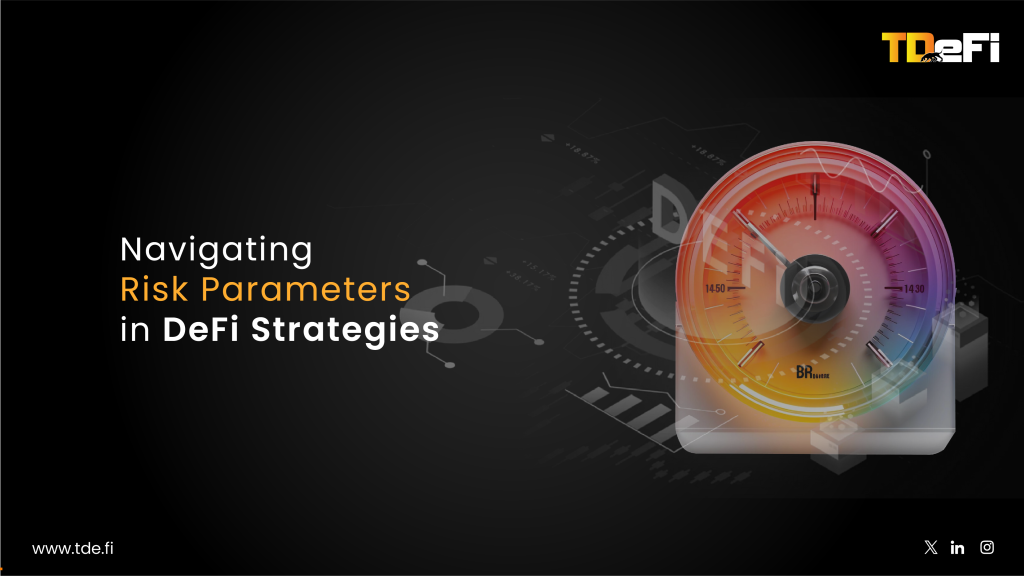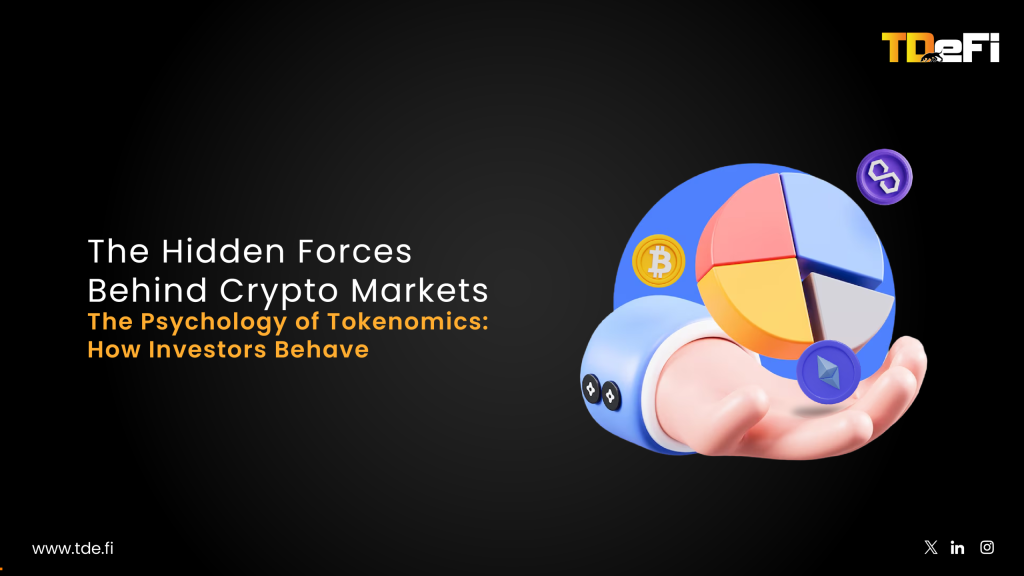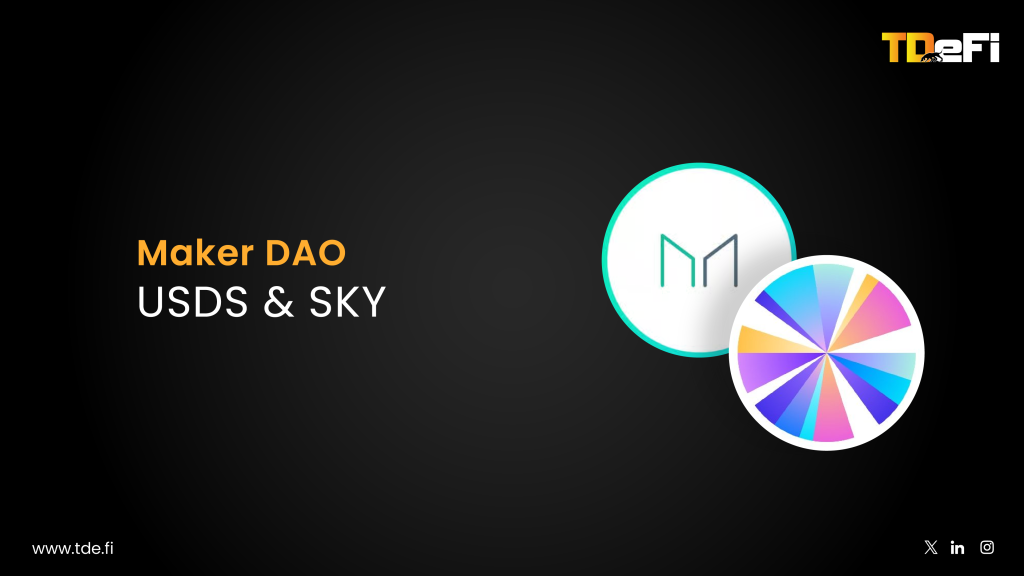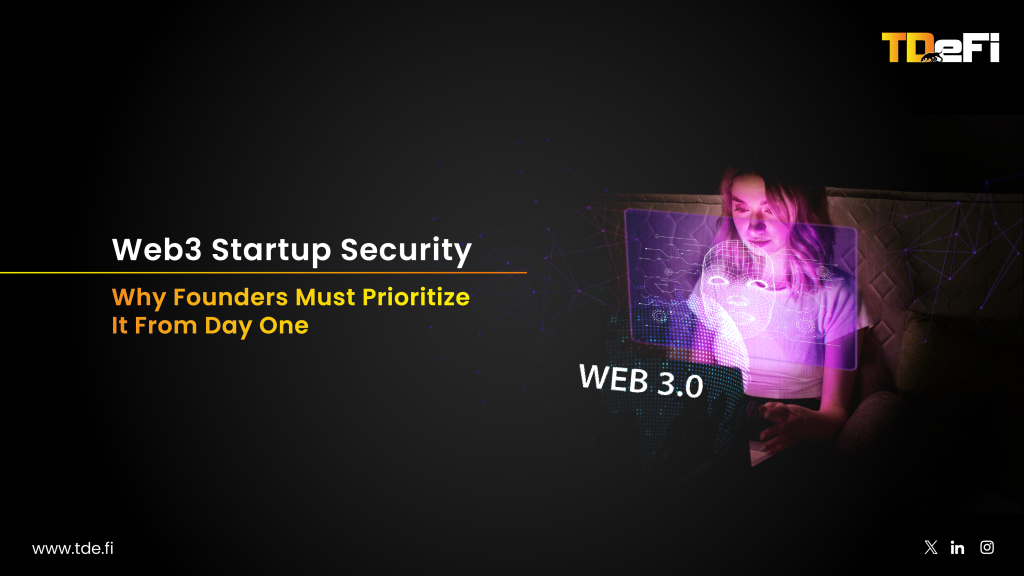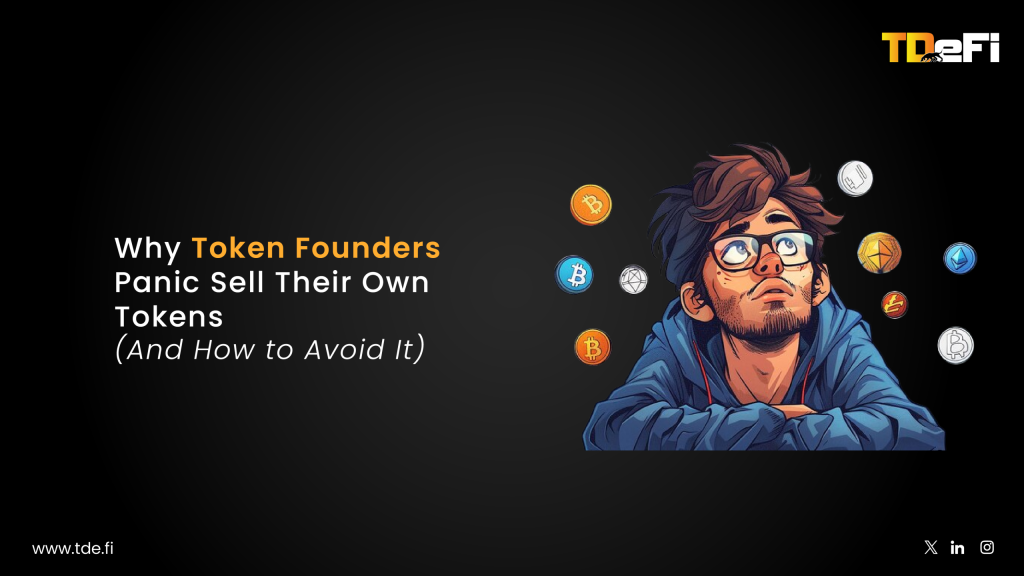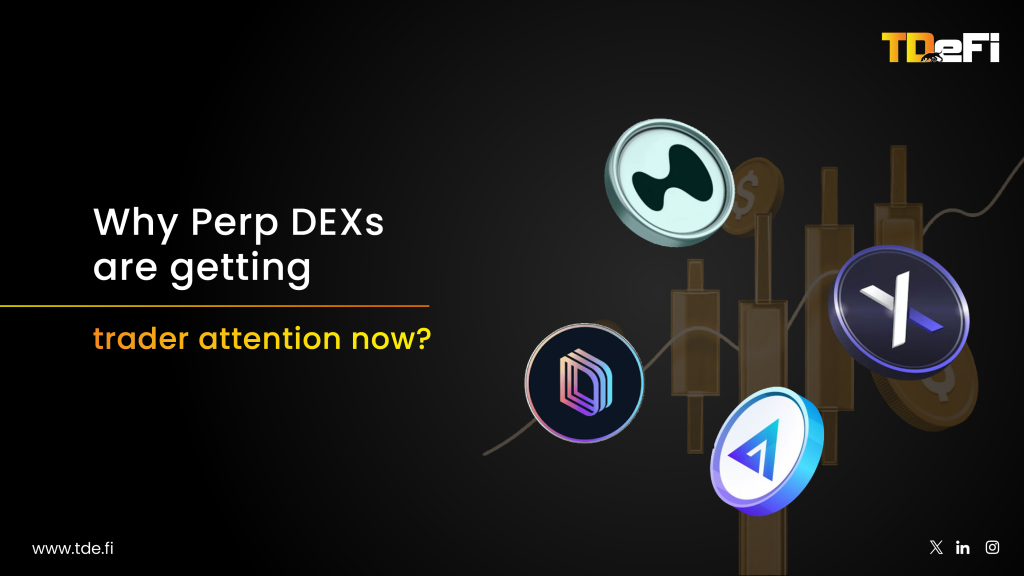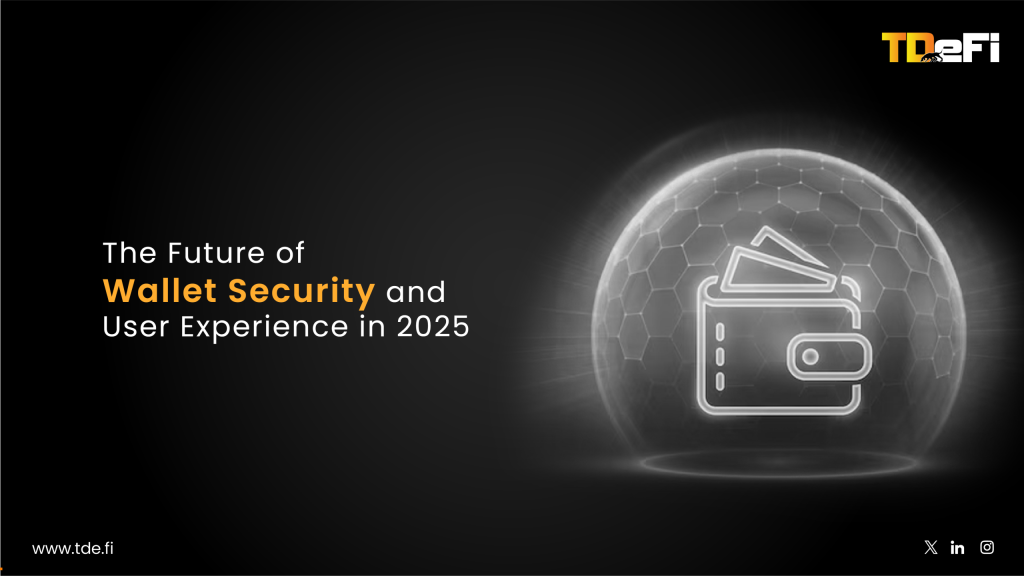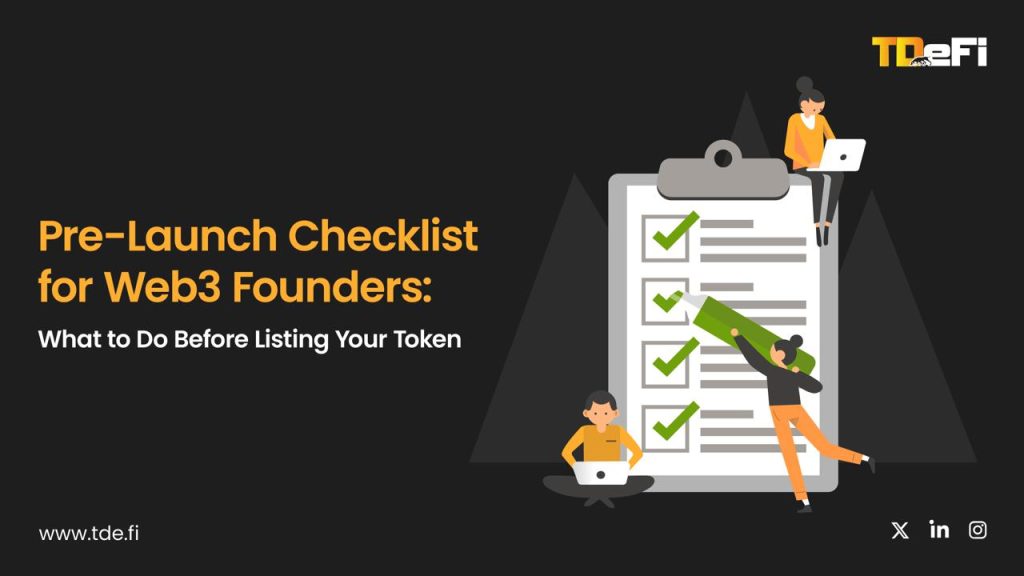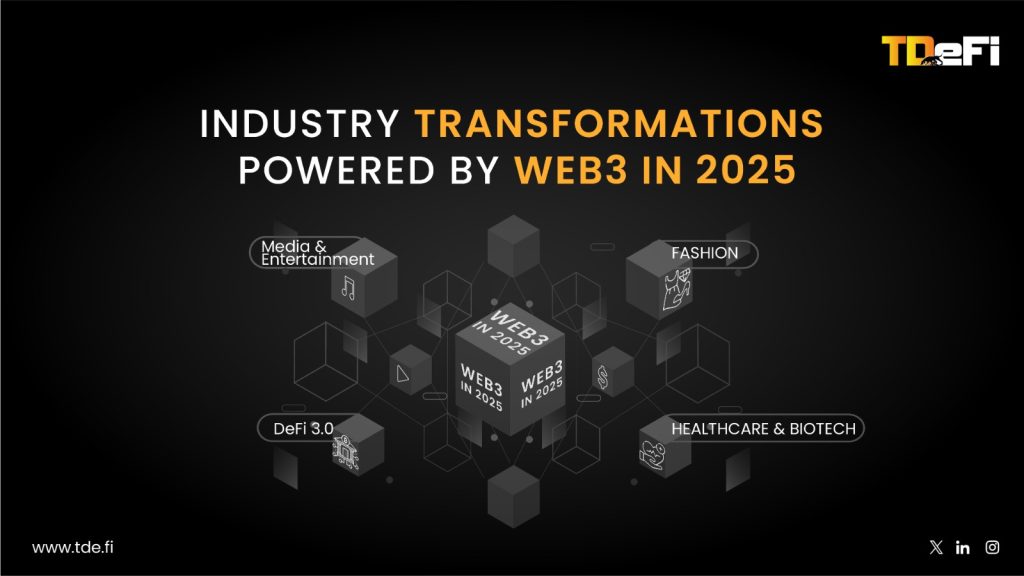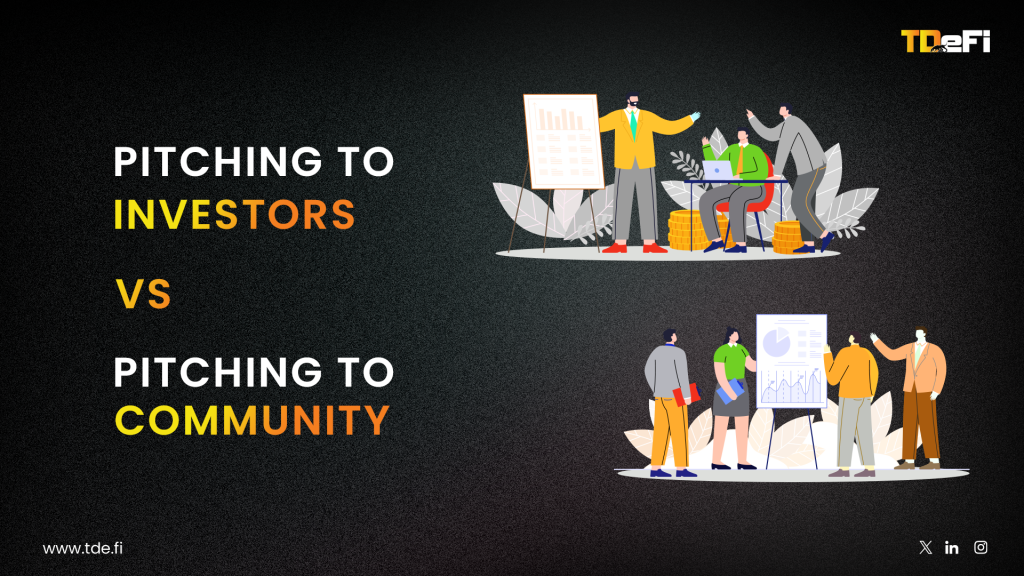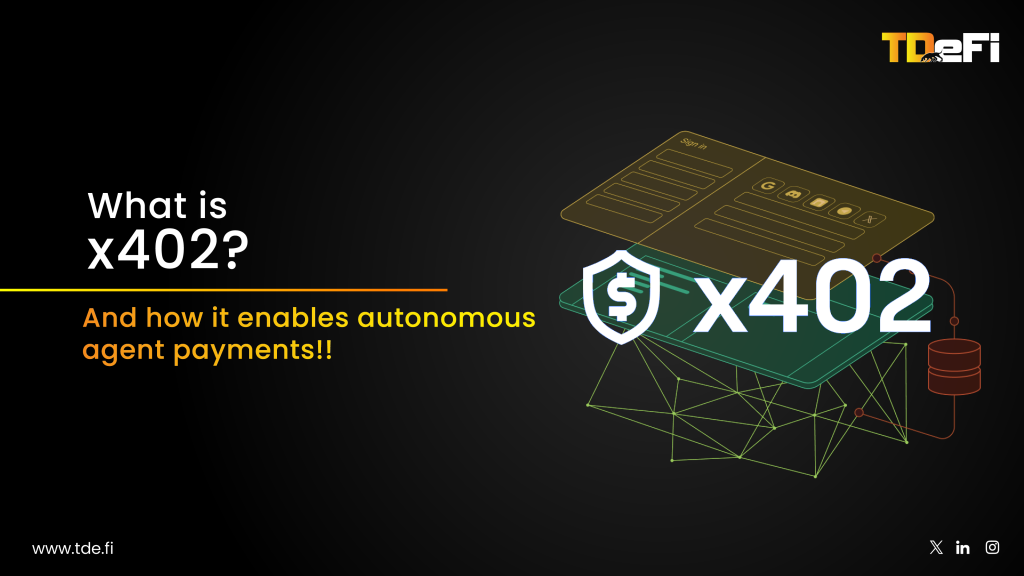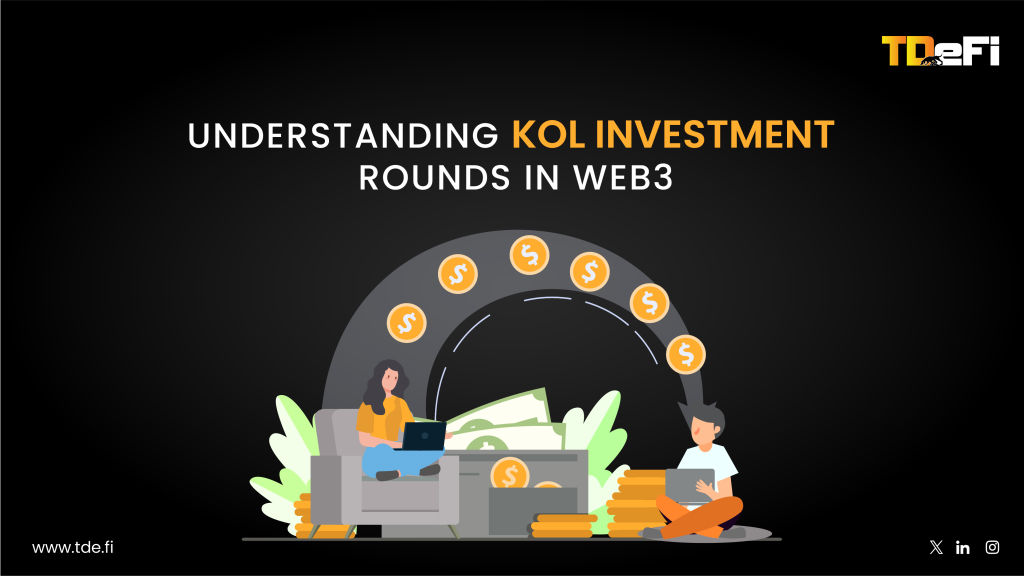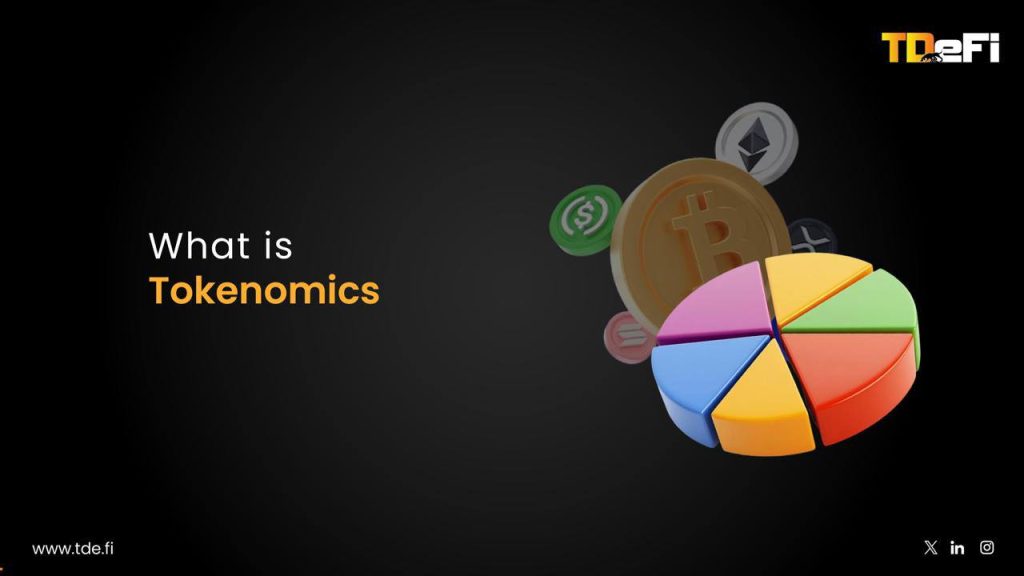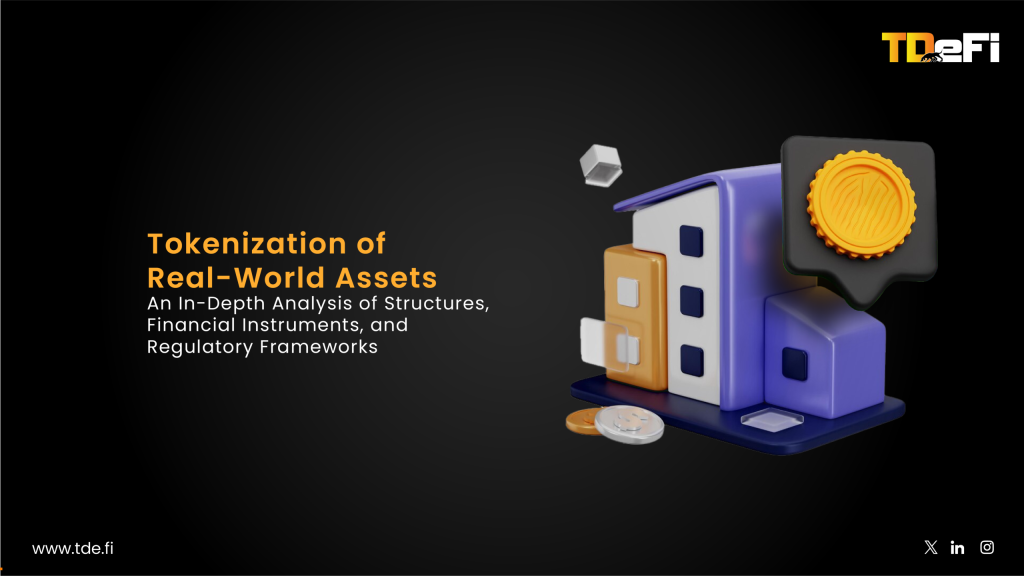TL;DR
AI agents are supercharging Web3 by solving critical challenges in scalability, security, and user experience. This blog explores how autonomous software programs are transforming decentralized ecosystems through:
Advantages of AI Agents for Web3 Businesses:
- Scalability without compromising quality
- Proactive security measures
- Cost-efficient operations
- Personalized user experiences
Key Roles of AI Agents in Web3 Businesses:
- Data-driven decision-making
- Automating operational complexity
- Strengthening security through continuous monitoring
- Enhancing DAO governance
We also explore the real-world examples, including Petoshi & EMC Protocol’s partnership for AI-powered dApps, Aizon’s predictive analytics for manufacturing, SingularityNET’s AI marketplace, and Akash Network’s decentralized cloud computing.
Intro
The Web3 space is exciting but relentless. Founders are building in an ecosystem that demands constant innovation, seamless scalability, and unshakable resilience, all while simplifying the complexities of decentralization. The stakes couldn’t be higher: fierce competition for user retention, billions locked in smart contracts at risk of exploitation, and the ever-present challenge of operational inefficiencies. Traditional approaches simply can’t keep up with the speed and sophistication required to succeed in this swiftly evolving space.
To empower Web3 founders to automate processes, enhance security, deliver personalized user experiences, and scale efficiently, AI agents are proving invaluable. From optimizing smart contract execution to streamlining DAO governance, AI agents are becoming indispensable tools for startups aiming to stay ahead of the curve.
This blog explores how AI agents are driving success in Web3 businesses. We’ll break down their advantages, highlight their key roles, and showcase real-world examples of startups leveraging AI to transform their operations. Let’s get started.
What are AI agents?
AI agents are self-operating software programs designed to perform specific tasks without needing constant human intervention. Unlike traditional AI models that require manual input at every step, these agents can analyze data, make decisions, and execute actions based on predefined rules or machine learning algorithms.
Advantages of AI agents for Web3 businesses
AI agents offer great advantages for Web3 startups, helping founders overcome critical challenges and scale operations effectively. Here are the key benefits:
1. Scalability without compromising quality
Web3 founders often face the challenge of scaling their platforms while maintaining operational excellence. AI agents allow businesses to automate repetitive tasks, like executing smart contracts or monitoring transactions, enabling teams to handle increased workloads without hiring large teams. For example, Aperture Finance automates DeFi portfolio management, allowing it to scale efficiently while maintaining precision.
2. Proactive security measures
In the decentralized world, billions of dollars are locked in smart contracts, and security breaches can be devastating. AI agents provide real-time monitoring and anomaly detection, identifying vulnerabilities before they are exploited. Companies like CertiK use machine learning to continuously audit blockchain networks, giving founders peace of mind and users confidence in the platform’s security.
3. Cost efficiency for early-stage startups
For Web3 founders operating on tight budgets, hiring specialized teams for every operational need is usually impractical. AI agents act as cost-effective alternatives by automating complex tasks like liquidity management or fraud detection. Platforms like Yearn Finance, which automate yield farming strategies using AI, exemplify how startups can reduce operational costs while ensuring optimal performance.
4. Personalized user experiences that drive retention
User retention is a critical imperative for Web3 platforms competing for attention in an over-crowded market. AI agents analyze user behavior to deliver personalized recommendations that improve engagement. For example, Audius, a decentralized music streaming service, uses machine learning to recommend tracks based on individual listening habits, mirroring the personalization strategies of Web2 giants like Spotify and Apple Music.
Key Roles of AI Agents in Web3 Businesses
AI agents are strategic enablers that address specific pain points in Web3 businesses. Here’s how they play a noteworthy role across different aspects of operations:
1. Enhancing data analysis for smarter decisions
Web3 businesses generate immense amounts of data—from transaction logs to smart contract interactions—but extracting actionable insights from this data can be overwhelming. AI agents excel at processing blockchain data to uncover trends, inefficiencies, and opportunities. For example, Chainalysis uses AI to track blockchain transactions, enabling businesses to detect fraudulent activity and comply with regulations. Similarly, platforms like The Graph use AI-powered indexing to organize blockchain data efficiently, empowering developers to build smarter dApps faster.
Web3 founders can leverage these tools to refine tokenomics models, optimize user experiences, or even predict market trends based on historical patterns. By turning raw blockchain data into actionable insights, AI agents enable smarter decision-making that drives innovation and growth.
2. Automating operational complexity
Running a Web3 business involves managing knotty processes like executing smart contracts or rebalancing DeFi portfolios, all of which can be automated using AI agents. For example, Fetch.ai’s autonomous economic agents (AEAs) could potentially be used to optimize supply chain logistics and energy distribution in decentralized networks.
3. Strengthening security through continuous monitoring
AI agents act as vigilant defenders in the high-risk world of Web3 by proactively scanning networks for identifying and mitigating vulnerabilities. Platforms like OpenZeppelin Defender automate security checks for smart contracts, reducing risks like flash loan attacks or reentrancy bugs. By integrating such tools, founders can address security challenges before they escalate into crises.
4. Enhancing DAO governance with intelligent decision-making
Decentralized Autonomous Organizations (DAOs) are powerful tools for collective decision-making but often suffer from inefficiencies due to manual voting processes or lack of data analysis tools. AI agents streamline governance by analyzing proposals, predicting outcomes based on historical trends, and suggesting optimal resource allocation strategies.
For example, platforms like Aragon integrate AI tools into DAO governance systems to enhance transparency while reducing friction in decision-making processes. By automating these tasks, founders can ensure that DAOs operate efficiently and make decisions that align with long-term goals.
How Startups Are Winning With AI in Web3
AI is transforming the Web3 space, enabling startups to build smarter, more scalable, and efficient platforms. The following examples highlight how innovative companies are successfully integrating AI into their Web3 ecosystems, showcasing practical applications that inspire and guide founders.
1. Petoshi and EMC Protocol
Petoshi, a “tap-to-earn” platform, has partnered with EMC Protocol to bridge the gap between decentralized computing and AI-powered decentralized applications (dApps). EMC Protocol specializes in decentralized computing (DePIN), providing the computational power needed for AI-driven dApps.
Example use case: Petoshi leverages EMC Protocol’s infrastructure to enable developers to build advanced AI-powered dApps that can scale seamlessly. This partnership empowers developers to create applications with features like predictive analytics or real-time personalization without worrying about backend scalability.
Why it works for startups: This collaboration provides startups access to cutting-edge AI tools and scalable computing resources, reducing the cost and complexity of building sophisticated dApps. It also fosters innovation by making advanced AI capabilities accessible to smaller teams.
2. Aizon
Aizon is revolutionizing how manufacturing companies operate by combining blockchain and AI to deliver predictive insights and operational efficiencies. While Aizon primarily focuses on regulated industries such as pharmaceuticals, its technology aligns perfectly with Web3 principles by ensuring transparency, traceability, and security in decentralized ecosystems.
Example use case: A manufacturing startup could use Aizon’s AI models to monitor production lines in real time, predict equipment failures before they happen, and optimize workflows—all while recording operations on a blockchain for transparency and compliance.
Why it works for startups: Aizon demonstrates how startups can leverage AI to reduce downtime, improve operational efficiency, and ensure compliance in highly regulated industries. Its integration of blockchain ensures that data remains secure and immutable—key features for Web3 businesses seeking trustless systems.
3. SingularityNET
SingularityNET is a decentralized marketplace where developers can buy and sell AI algorithms. The platform enables seamless integration of these algorithms into applications across various industries, including DeFi, gaming, and healthcare.
Example use case: A gaming startup could use SingularityNET’s marketplace to integrate an algorithm that enhances non-playable character (NPC) behavior, creating more interactive and engaging experiences for players.
Why it works for startups: SingularityNET lowers the barrier for entry into advanced AI development by providing ready-made algorithms that can be easily integrated into products. This allows resource-constrained startups to focus on innovation rather than building everything from scratch.
Akash Network
Akash Network provides a decentralized peer-to-peer cloud computing marketplace that offers affordable access to GPU-powered infrastructure for training and deploying AI models. By leveraging distributed GPU compute resources, Akash democratizes access to high-performance computational power.
Example use case: An AI-focused startup could use Akash Network’s infrastructure to train machine learning models on large datasets at a fraction of the cost charged by centralized cloud providers like AWS or Google Cloud.
Why it works for startups: Akash Network reduces the cost of building and deploying advanced AI models by offering affordable and scalable computational resources. This makes it easier for startups to experiment with heavy computational tasks without overspending on infrastructure.
Closing Thought
In today’s world, AI has become a critical imperative for staying competitive in the web3 space. From enabling scalable solutions to delivering operational efficiencies, and everything in between, Web3 founders are leveraging AI to solve real-world problems and drive innovation.
As a Web3 incubator and token growth studio, we speak from experience when we say the question is no longer if you should integrate AI into your Web3 business—it’s how. The future belongs to those who explore, innovate, and adapt AI to take their businesses to new heights. Ready to begin your Web3 business journey? Read more here


